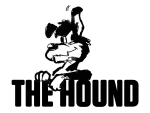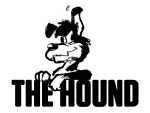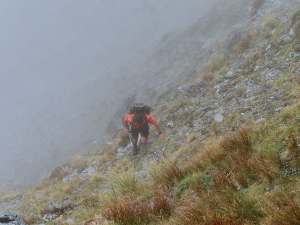OPINION: Your old mate understands that researchers at AgResearch are not taking the proverbial with their latest scientific revelation.
Apparently, scientists at the research institute have developed acoustic urine sensors to tackle the problem of nitrogen loss from the urine of cattle.
This affects water quality and leads to emissions of nitrous oxide – a potent greenhouse gas. The device attaches to the rear leg of dairy cattle to enable recording and identification of distinct sound patterns in “urination events”, including timing and volume.
Data from the recordings is analysed using technologies that include machine learning.
AgResearch has not taken announcing the development too seriously, cheekily describing new technology to help farmers to address nitrous oxide emissions as: ‘a wee issue – with a big environmental impact’.









